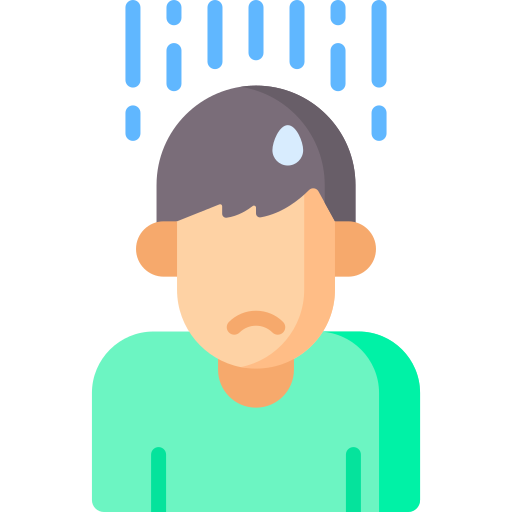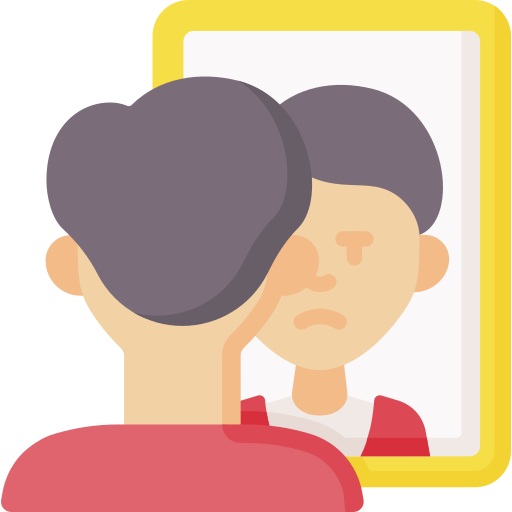If you could only choose one, would you choose to have: high self-esteem, or a positive self-image?

Could you pick one?
Maybe it'd be easier to choose if you could remember a time when you've felt bad about your image, or a time when you lacked self-esteem.
Self-esteem and self-image can affect each other, but they're two different things. Luckily, it's possible to have a positive self-image and high self-esteem!
Self-Esteem Explained
Self-esteem can be described as how much value a person places on their self.

Self-esteem comes from your internal feelings and is described as high or low.
High Self-Esteem

Involves a high sense of self-worth
Involves having confidence in yourself and your abilities
Includes a positive perception of yourself
Low Self-Esteem

Involves a low sense of self-worth
Involves having a low level of confidence in yourself and your abilities
Includes a negative perception of yourself
Self-esteem isn't static!
Through your lifetime, it's normal to go through periods of high and low self-esteem. You can change your mind about how you feel about yourself as a person at any time.
Self-Image Explained
Self-image can be described as how you see yourself and how you think others see you.

Self-image is influenced by external influences and is described as positive or negative.
Positive Self-image

Includes making positive comparisons with others
Involves happiness with how you think you're viewed by others
Involves happiness with how you view yourself
Negative Self-image

Includes making negative comparisons with others
Involves unhappiness with how you think you're viewed by others
Involves unhappiness with how you view yourself
Self-image develops over time.
Quiz
True or False: How people see you can play a role in your self-esteem.
How Self-Esteem and Self-Image Relate
Self-esteem and self-image impact each other directly. How you feel about yourself affects how you view yourself.
Alternately, how you view yourself can affect how you feel about yourself. Positive self-image

Self-esteem is often seen as more internally influenced as it relates to your inner opinion. Self-image is more externally influenced as it relates to how you're perceived on the outside.

Some ways to improve your self-esteem involve:
Saying positive things to yourself
Avoiding comparisons to others
Challenging unkind thoughts you may have of yourself
Considering therapy sessions to understand the cause of any issues

Some ways to improve your self-image involve:
Focusing on the good things about yourself
Understanding the things that you currently like about yourself
Learning how to appreciate and love who you are as you presently are
This article highlights a few tools you can use to improve your self-image. 👈
Did you know?
Self-esteem and self-image can both be affected by internal and external influences depending on a person's life experiences.
Subscribe for more quick bites of learning delivered to your inbox.
Unsubscribe anytime. No spam. 🙂
Time to Practice
Read through the scenario below to test your knowledge of self-esteem and self-image.

Carlos has recently moved to a new city to start a new job. While he feels nervous about moving to a new place without any family or friends, he feels confident that he's making a great choice for his career.
He knows he'll be a great addition to his new job. Carlos is also excited about meeting his new coworkers and making new friends in the city.
He is expecting to be well-received by his new team, and also plans to stay connected with many of his old coworkers.
Quiz
Carlos feeling that he will be a great addition to his new team can be an example of (select all that apply):
Take Action

Deepen your understanding of self-esteem and self-image with these next steps!
Your feedback matters to us.
This Byte helped me better understand the topic.
New Bytes
We publish fresh Bytes daily, we can send you a notification when that happens.
